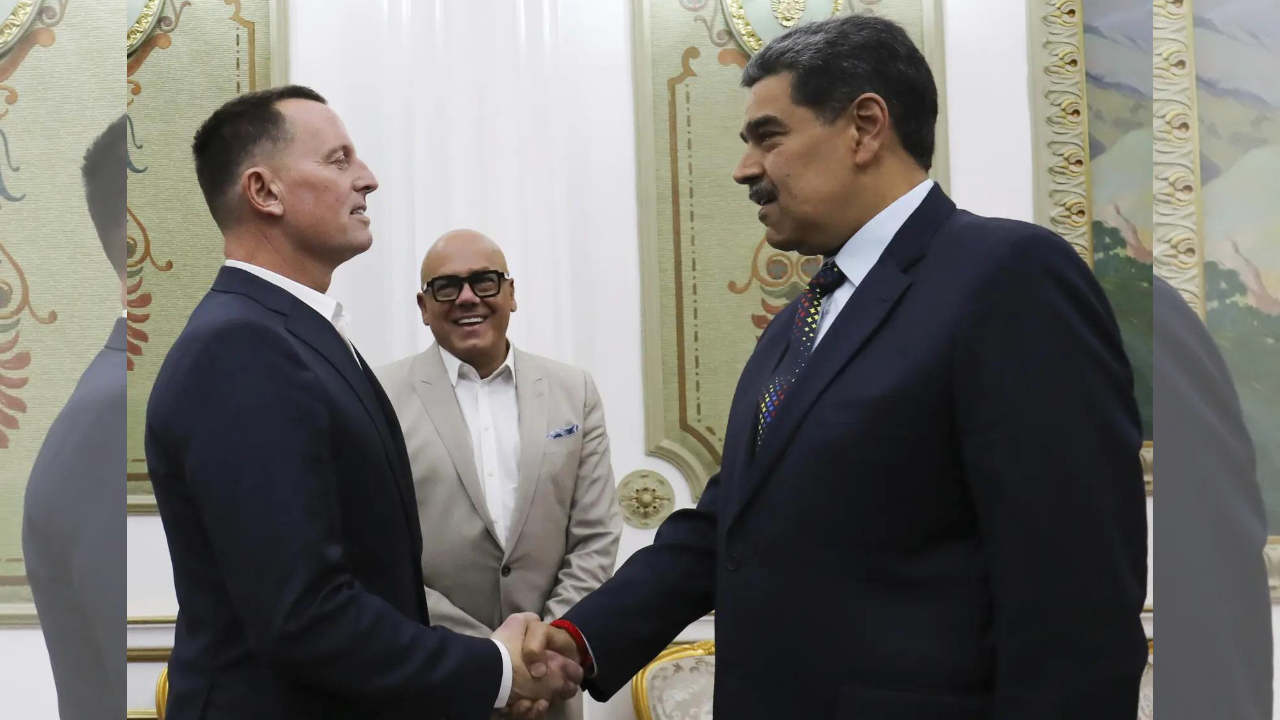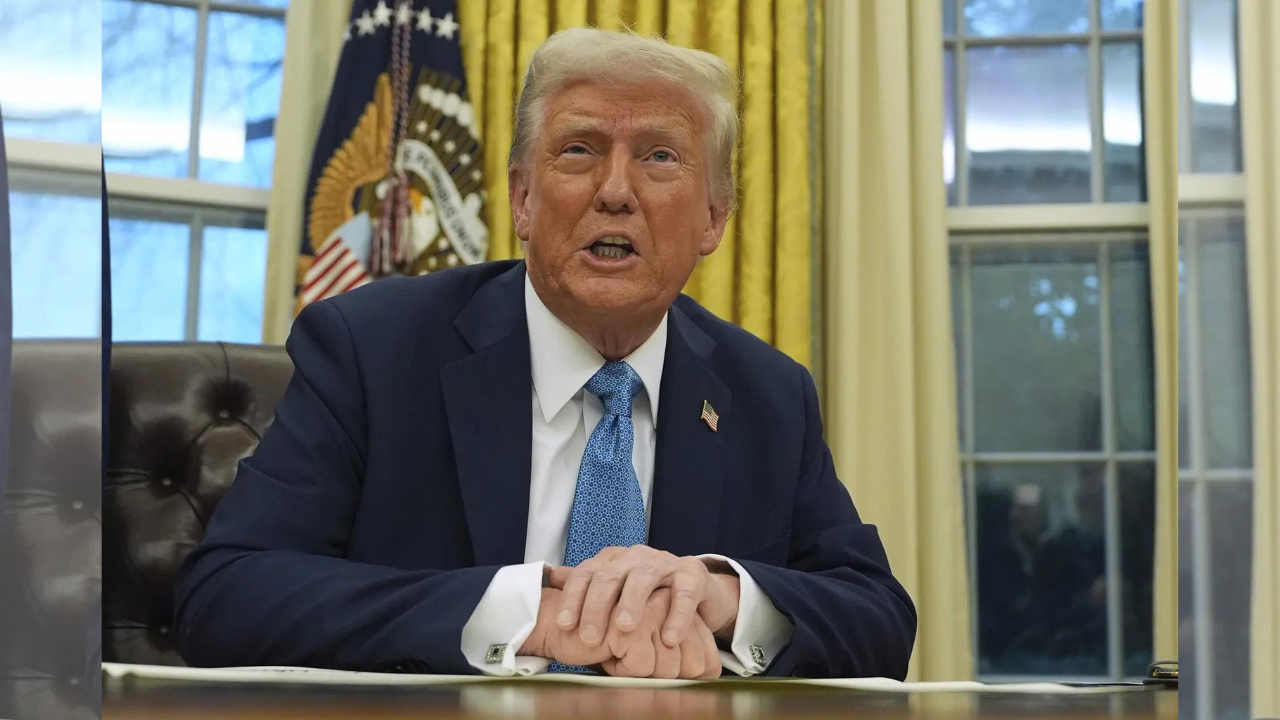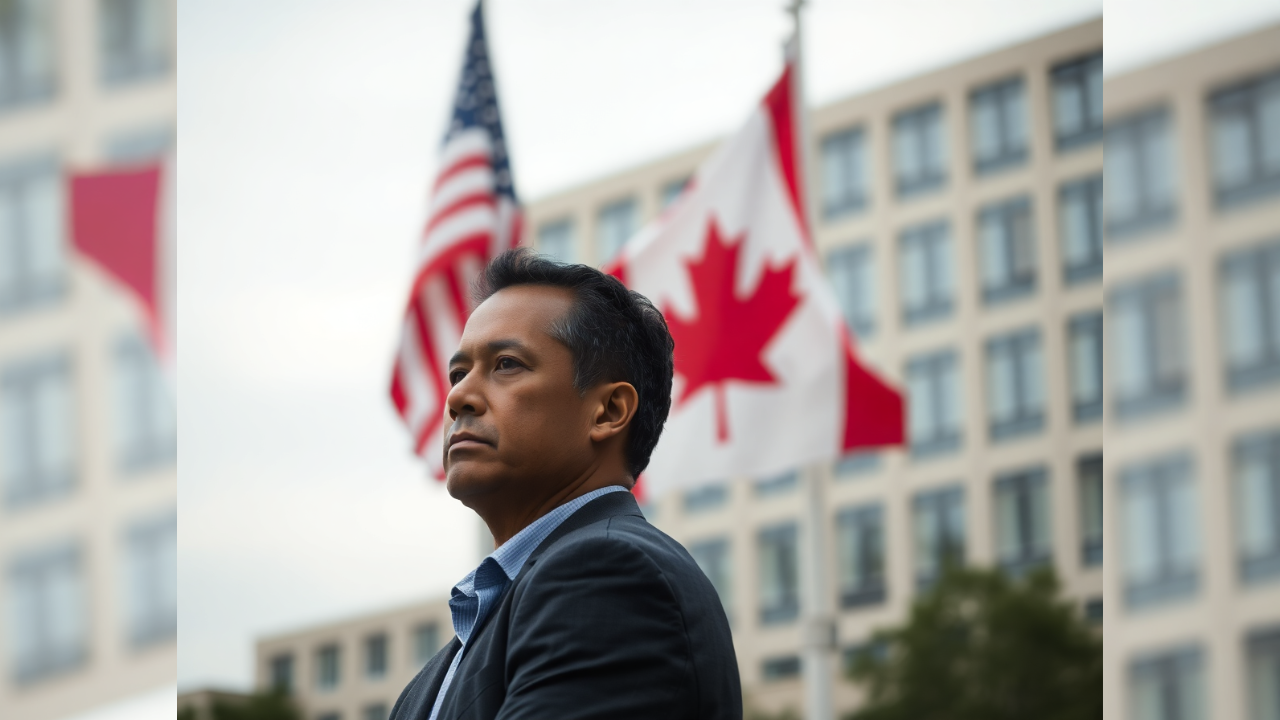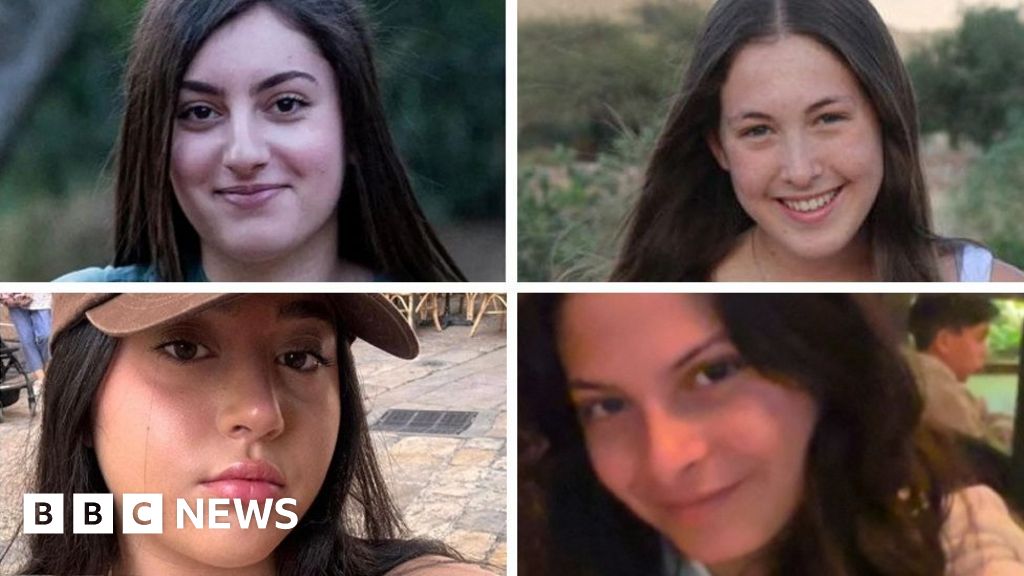ARTICLE AD
468x60 AD AFTER 4 POSTS
Tom Bateman
US State Department correspondent
The United States' system for monitoring famine globally has been taken offline amid President Donald Trump's order for a 90-day freeze on nearly all US foreign assistance.
The Famine Early Warning System Network (Fewsnet) was established after the 1984 famine in Ethiopia, as part of a worldwide effort to prevent a repeat of its devastating impact.
It was designed by US government agencies, including its international development body USAID and the space agency Nasa.
It is regarded as a gold standard in combining weather data and political analysis to predict drought and food insecurity globally.
Alongside a model run by the UN, the system allows aid officials to target emergency food supply ahead of time, and is credited with mitigating the effects of a devastating drought in the Horn of Africa in 2016.
It has been used to try to target aid during the current famine in Sudan as the war continues there.
A briefing service provided by the network was stopped as part of Trump's suspension of nearly all foreign assistance, according to a source familiar with Fewsnet's operations. USAID has not responded to a request for comment about the shutdown.
The network is "insanely important", according to Dave Harden, who oversaw its operation at USAID during the 2016 food security emergency in East Africa.
"Because we had Fewsnet, and we had guard teams, we were able to pre-position food and supplies [in Ethiopia] and plant it in a way that was remarkably different than what happened in 1984," he told the BBC.
Last Friday, the State Department issued a "stop-work" order on all US foreign assistance, worth nearly $70bn a year, with the exception of emergency food aid and military aid to Israel and Egypt, pending a 90-day review to ensure programmes' alignment with Trump's "America First" foreign policy.
Since then, Secretary of State Marco Rubio has expanded the scope of projects eligible for waivers to the order, including for life-saving medicine and shelter, but there remains widespread confusion in the global aid sector, significant parts of which have been upended by the freeze.
Fewsnet is operated by a USAID contractor, which declined to comment, while its website is run by another provider which did not respond to requests for comment.
Explaining the thinking behind the breadth of stop-work orders, Mr Rubio said on Thursday that "things that save lives" were being exempted, adding that others could apply for waivers to ensure their projects were not an inefficient use of US taxpayer money and were aligned with Trump's priorities.
Proponents of the foreign aid freeze see US donations as bloated and carrying too much of the burden compared with other wealthy Western countries.
The Trump administration has also vowed to end foreign aid funding for diversity and inclusion programmes, transgender rights, family planning, abortions and other issues long targeted by many Republicans.
The exemption for emergency food aid does not appear so far to have included the famine-tracking operation.
Jeremy Konyndyk, a former senior official at USAID, described the system as "the single best resource" in the world for food insecurity prediction, adding that in 2011 it saw the famine coming in Somalia months ahead of time.
"The client was the US government… but everything was put online. And that was really important - it became a global public good, [because] any donor in the world can use that, any government in the world can use that," he said.
"It's a really critical resource… sounding the alarm when there is a major food crisis emerging."

 2 hours ago
2
2 hours ago
2








 Bengali (BD) ·
Bengali (BD) ·  English (US) ·
English (US) ·